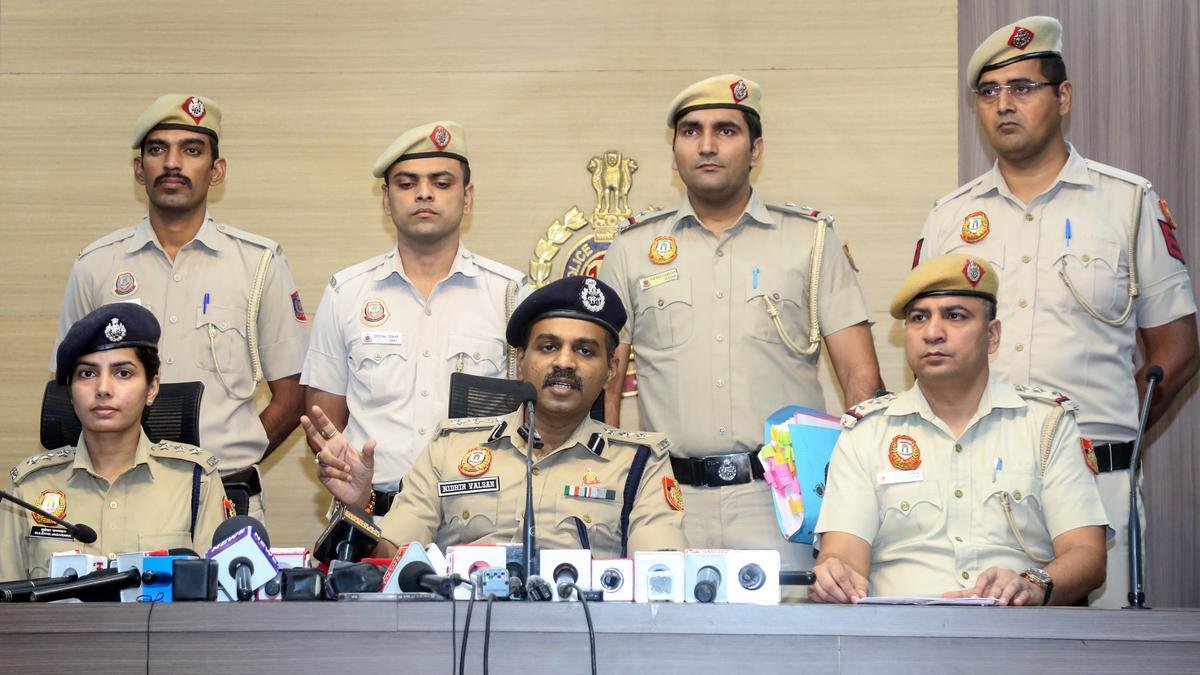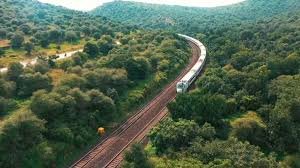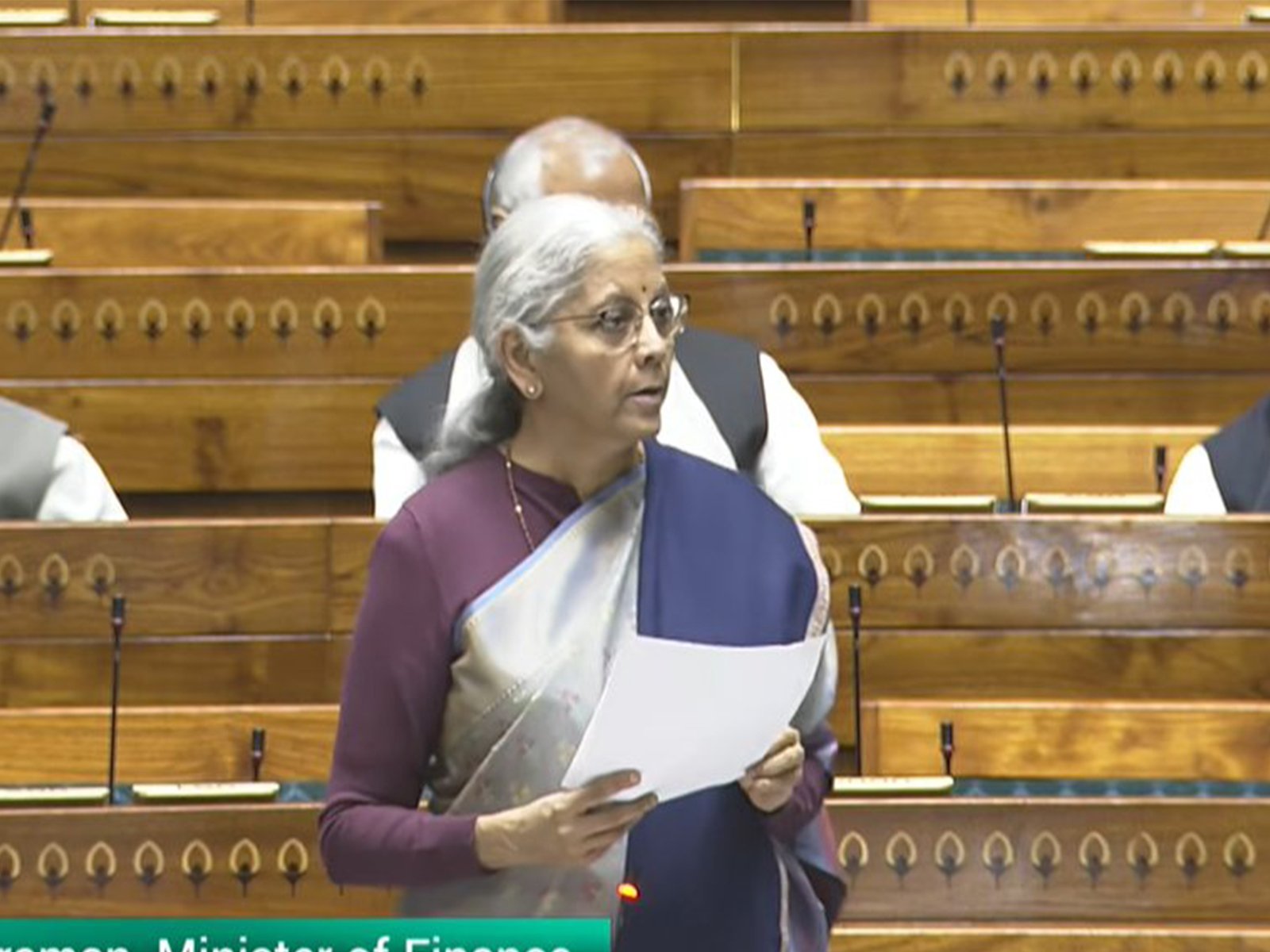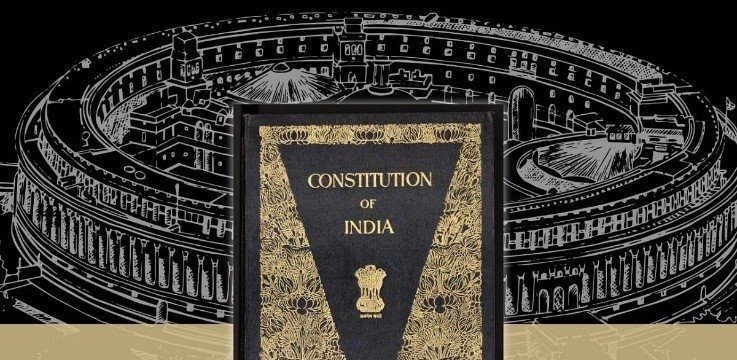Why in the News?
- Delhi Police has set up a dedicated MCOCA Cell (special team of investigators and legal experts) to improve the filing and prosecution of cases under the Maharashtra Control of Organised Crime Act (MCOCA).
- The move comes after several court setbacks where police had wrongly used MCOCA, leading to very few convictions in Delhi, even though organised crime has been increasing.
What is Organised Crime?
- Organised crime refers to criminal activities carried out by a structured group (syndicate or gang) operating over a period of time with the aim of making illegal profits or gaining power.
- Key features:
- Group-based activity: Involves two or more people working together in a planned manner.
- Continuity: Crimes are not one-time acts; they are part of a long-term operation.
- Economic motive: The main goal is to earn money or gain control (through extortion, smuggling, drug trafficking, etc.).
- Use of violence and threats: Intimidation and coercion are often used to maintain control.
- Corruption and influence: Organised groups may bribe officials or misuse connections to escape punishment.
- In simple terms, organised crime is a systematic and continuing network of illegal activities like extortion, trafficking, and contract killings. They run like a business for profit and power.
What MCOCA is and its legal tests
- MCOCA is a special law to combat organised crime and gang syndicates (originally enacted in Maharashtra, 1999). Delhi adopted it in 2002.
- Five essential conditions must be satisfied to invoke MCOCA:
- a syndicate (two or more);
- continuous pattern of unlawful activity;
- violent conduct or intimidation;
- pecuniary gain or undue advantage;
- multiple prior chargesheets in the preceding 10 years.
- Properly framed MCOCA cases can cover modern organised crimes including extortion, cyber fraud by syndicates, and offences orchestrated from abroad.
Court setback and context
- In May, a Delhi court granted bail to an accused, holding that the police had illegally invoked MCOCA because the FIR did not meet the law’s “essential requirements” (notably the required pattern of organised crime).
- Since MCOCA was adopted in Delhi (2002), convictions under it have been very rare; only one notable successful prosecution (Gogi gang) led to guilty pleas.
Why did Delhi Police create the MCOCA Cell?
- Police found common procedural flaws like weak chargesheets, poor evidence framing, and misunderstandings of MCOCA’s legal tests which caused courts to reject MCOCA charges.
- To fix this, Delhi Police formed a specialised MCOCA Cell headed by a Deputy Commissioner (Crime Branch) with legal officers and inspectors focused on record-keeping, financial data, and SOP compliance.
Functions and resources of the Cell
- The Cell will supervise MCOCA invocations, ensure legal standards are met, maintain a database of MCOCA cases, distribute SOPs to district units, and train staff in evidence collection and drafting chargesheets.
- It aims to reduce bail grants based on technical defects and increase the chance of sustaining MCOCA charges in court.
Operational rationale and targets
- The law is useful against gangs led from abroad or run from behind bars (e.g., Lawrence Bishnoi, Goldy Brar, Hashim Baba networks).
- Police have invoked MCOCA against several syndicates in recent years; the new Cell is intended to standardise and strengthen prosecutions.
Implications
- Better case quality: Centralised expertise should improve chargesheets and evidence, reducing technical bail and acquittals.
- Longer detention of high-risk criminals: Stronger MCOCA cases keep organised criminals off the streets during trial, curbing predatory crimes like extortion and contract killings.
- Judicial scrutiny will persist: Courts will continue to test MCOCA invocation strictly; legal robustness is essential.
- Deterrence effect: Consistent, well-founded use of MCOCA could deter gangs operating across states or from overseas.
- Civil-liberty caution: Greater use of a stringent law requires safeguards against misuse and strict oversight to protect rights.
Challenges and Way Forward
| Challenge | Way Forward |
| Poorly framed charges and weak evidence | Train investigators in MCOCA tests; use legal experts at the filing stage; standardise chargesheet formats. |
| Lack of financial and digital investigation skills | Build forensic finance and cyber units; partner with specialised agencies for tracing proceeds and online networks. |
| Judicial rejection due to procedural errors | Introduce SOPs, peer reviews of filings, and pre-filing legal vetting by the MCOCA Cell. |
| Risk of misuse or over-broad invocation | Maintain independent oversight, periodic audits of MCOCA cases, and transparent public reporting of outcomes. |
| Cross-jurisdictional crimes (abroad/other states) | Strengthen coordination with central agencies (NIA, ED), Interpol channels, and State police for joint investigations. |
Conclusion
Delhi Police’s specialised MCOCA Cell is a practical response to repeated legal setbacks and growing organised-crime threats. If the Cell improves legal drafting, evidence gathering and inter-agency coordination while guarding civil liberties, it can strengthen prosecutions against syndicates and protect citizens from organised criminal networks.
| EnsureIAS Mains Question Q. Examine the role of special criminal laws like MCOCA in combating organised crime. Discuss the challenges in effective implementation and suggest reforms to balance strong prosecution with protection of fundamental rights. (250 Words) |
| EnsureIAS Prelims Question Q. With reference to the Maharashtra Control of Organised Crime Act (MCOCA), consider the following statements: 1. MCOCA requires proof of a syndicate and a continuous pattern of unlawful activity to be invoked. 2. MCOCA was originally enacted by the Union Parliament and later adopted by all States. 3. Delhi Police has set up a dedicated MCOCA Cell to improve case prosecutions. 4. Under MCOCA, a single isolated crime by an individual is sufficient to trigger the law. Which of the statements given above are correct? Answer: A. 1 and 3 only Explanation: Statement 1 is Correct: Invocation of MCOCA requires satisfying key conditions, including the existence of a syndicate (two or more persons) and a continuous pattern of unlawful activities—mere single incidents are insufficient to meet this threshold. Statement 2 is Incorrect: MCOCA was originally enacted by the Maharashtra legislature (1999) to tackle Mumbai organised crime. It was later adopted by several States (including Delhi in 2002), not enacted by Parliament for all States. Statement 3 is Correct: To remedy recurring legal failures, Delhi Police has created a specialised MCOCA Cell staffed by senior officers and legal specialists to oversee MCOCA invocations, maintain case databases, and improve prosecution quality. Statement 4 is Incorrect: A single isolated crime does not meet MCOCA’s statutory requirements; the law targets organised, recurring criminal conduct with elements like intimidation, pecuniary gain, and prior chargesheets. |
Also Read | |
| UPSC Foundation Course | UPSC Daily Current Affairs |
| UPSC Monthly Magazine | CSAT Foundation Course |
| Free MCQs for UPSC Prelims | UPSC Test Series |
| Best IAS Coaching in Delhi | Our Booklist |





